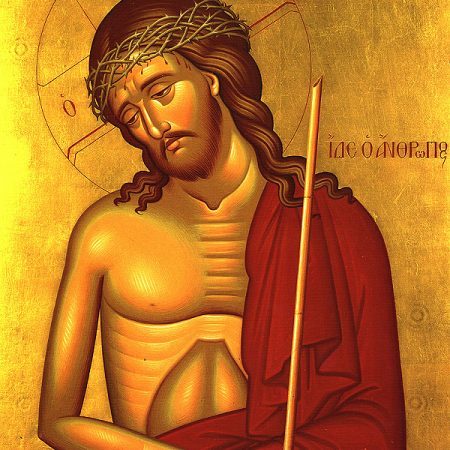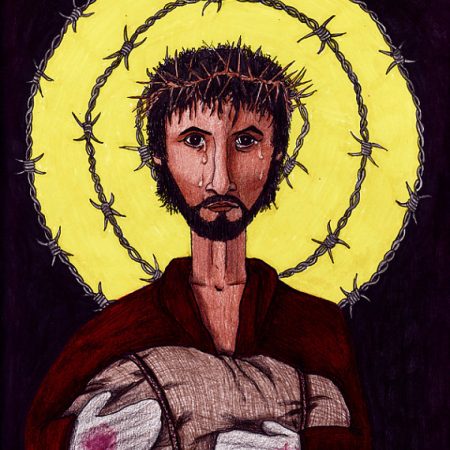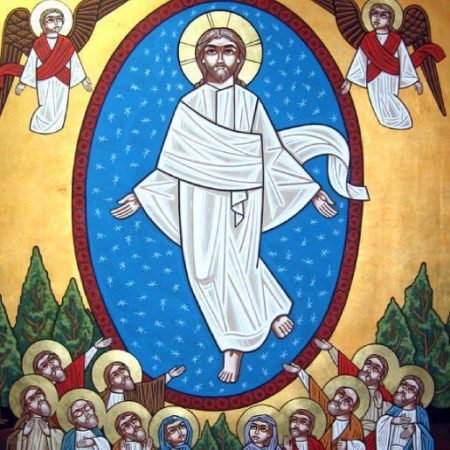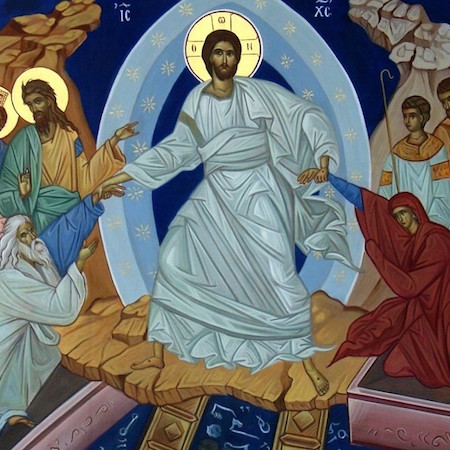A Christmas Message from the leader of the Baptist World Alliance
Sermons on Luke
To name Christ as King is to identify ourselves as dissenters to the claims of any other authority and to critique all power-mongering.
Jesus warns us that disasters are ubiquitous and do not all herald the end of time, and calls us to persevere in the life of love even when we are blamed and persecuted.
The saints of God are engaged in a war between conflicting empires battling for control of the world, but Jesus has radically transformed our understanding of how we fight.
When we respond to others with judgement and contempt instead of empathy and compassion, we fail to understand God and live God’s love for others.
The relationship between God’s work and our work in salvation is not a puzzle to be solved, but a mystery to be lived in prayer and faithful discipleship.
Jesus constantly seeks to upend our prejudices in order to breakdown and overcome our divisive tribalism.
Even in the face of a catastrophic collapse of the world as we know it, God calls us to imagine and invest in a beautiful future.
Hope for our troubled world requires turning anger into tears, resentment into prayers, and financial power into generosity.
In order to find our way into the good news of life in all its fullness, we need to first stop denying and distracting ourselves from the bad news we are drowning in.
Despite first appearances, Jesus’s call to “count the cost” of following him is not so much about ensuring we can succeed as it is about ensuring we can faithfully persevere in the face of failure.
In the face of social breakdown and environmental catastrophe, we are called, not to angry protest, but to creative expressions of love, compassion, and hospitality.
A sermon on Luke 11:1-13 by the Revd Geoff Leslie It is not just Christians who like to pray. Prayer is the essence of the spiritual life – a relationship with the Universe, the spiritual, with God, with the world and with the deepest part of ourselves. Many humans in all places and times have…
In difficult times, the simple virtues of love, humility, and non-judgement are the starting point of faithful living.
We all get trapped in demonic and dehumanising social structures, but Jesus unmasks the truth so that we can be set free.
When we fear for our own safety, we condone the violence that promises to protect us, and we use religion to justify it, but Jesus wants to free us to rise above the fear without resorting to hatred and violence.
The ascension is the completion of the cosmic liturgy that frees us from our entanglement in sin, lifts us into the holy of holies, and sends us forth as the body of Christ for the world.
The life-changing implications of the resurrection can be just as bewildering and impossible to get our heads around as the resurrection itself.
If you set yourself against the other, you also cut yourself off from the Father who loves you both. You diminish yourself, cut off the other, and break the Father’s heart.
We wait for a Saviour who will bring the Kingdom of God – a kingdom of which we see many foretastes and which we strive to live for in the here and now.



















